Meet the Board
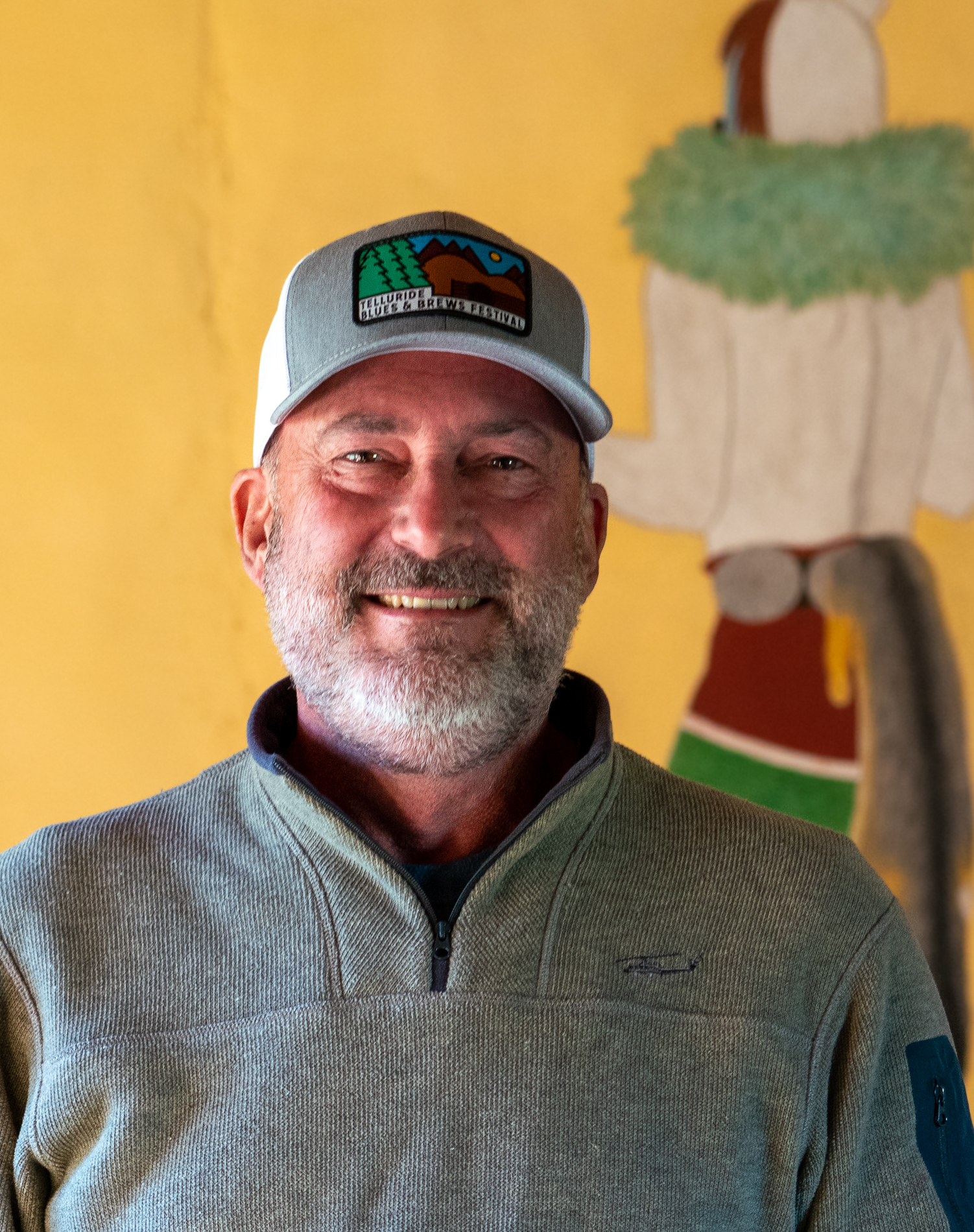
Richard Pritzlaff
Founder and Chair
A native of Phoenix, Arizona, Richard grew up in the then desert open spaces on the slopes of Camelback Mountain. There were lizards to chase, snakes to play with and snakes to avoid, coyotes, javelinas, and the last mountain lions on Camelback Mountain. It was these early experiences that set Richard on a path to work as a conservation biologist dedicated to enhancing and protecting wildlife and wildlife habitat. In particular, from 1993 to 2002, Richard raised funds and helped to manage many wildlife habitat restoration and conservation projects while working for Chesapeake Wildlife Heritage. During the mid-1990’s he substantially initiated the Maryland Department of Environment’s Water Quality Linked-Deposit Loan Program through a demonstration project funded by the W.K. Kellogg Foundation. He was also appointed by the Governor to the Maryland Wetlands Restoration Steering Committee; the committee was charged with guiding the State’s efforts to restore 60,000 acres of wetlands. In 2002 and 2003, he was a Project Manager for the Trust for Public Land. Since 2004 he has been the full time President of the Biophilia Foundation.
Richard earned a PhD from Prescott College, a M.S. degree in Environmental Sciences and Policy from Johns Hopkins University, and a B.S. in Engineering Science from Vanderbilt University. In addition to the Biophilia Foundation he was the Managing Partner of Borderland Restoration L3C, responsible for monetizing enhanced ecosystem services provided through watershed restoration activities.
Richard has served on the board of directors of Wildlands Network and Defenders of Wildlife. He has been the past Treasurer of the Hummingbird Monitoring Network Board; served on the Board of the University of Maryland’s Harry R. Hughes Center for Agro-Ecology; a former Board member of the Ploughshares Fund, and a past Chair of the Board of Trustees of the Institute for Shipboard Education, which operates the Semester at Sea program in academic partnership with the University of Virginia.
When not on Biophilia Foundation project work, he can be found in Boulder, Colorado, and has been known to wander the slot canyons of Southern Utah.

Greg Costello
Treasurer
Greg is a conservation lawyer and advocate with over twenty years of advocacy and organizational leadership experience and over thirty years experience as an environmental lawyer. Greg led the Western Environmental Law Center for over a decade, during which time he was also an Adjunct Professor at the University of Oregon School of Law. After seven years as Executive Director at Wildlands Network, Greg recently transitioned to become Wildlands Network’s first Conservation Director with responsibility for overseeing it’s conservation programs across North America. He also lends his expertise as an environmental attorney to the Connectivity Policy Coalition, initiated by Wildlands Network in 2008.
Greg grew up exploring the woods of Pennsylvania. He studied biology at the University of Virginia, where he was first introduced to the biogeographical concepts that form the bedrock of Wildlands Network’s scientific approach. After college, he headed west to attend law school at the University of Colorado. Greg went on to pursue a 16-year career in environmental law before transitioning to the conservation advocacy community.
Greg and his wife split time between the green landscape and blue waters surrounding Bainbridge Island, outside of Seattle, and the high desert and volcanic mountain peaks of Bend, Oregon. He enjoys cycling, scuba diving, sea kayaking, and partaking in the Pacific Northwest’s gastronomic delights.
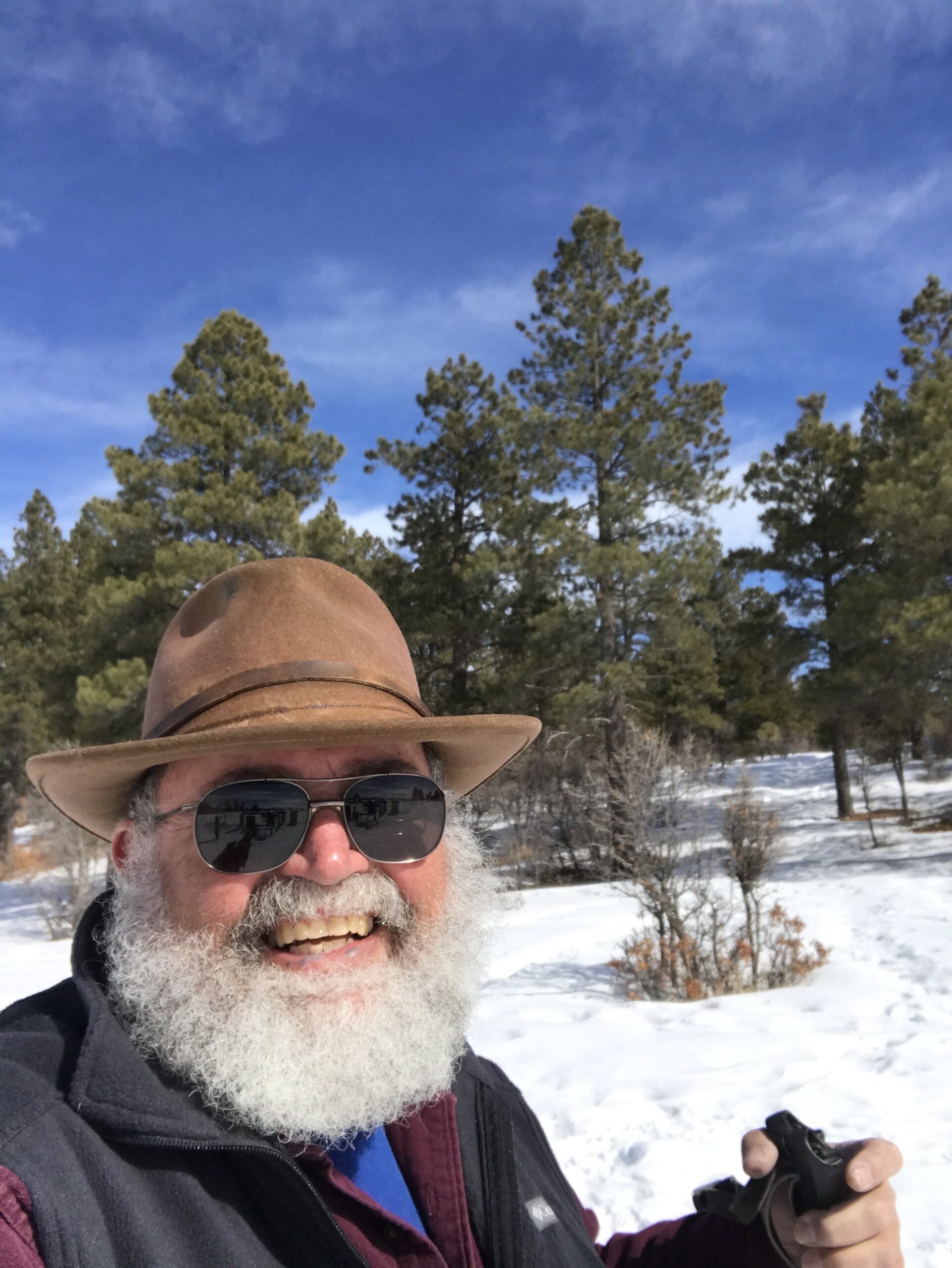
Herb Grover
Board Member
Herb is a retired university professor of biology, ecology, and environmental science. He held research positions at the University of New Mexico, where he earned his doctorate in 1981; a postdoctoral research position at Cornell University; and positions with the New Mexico Environment Department and as a project manager for a subcontractor to Los Alamos National Laboratory. After this, he returned to academia to serve 13 years at Hardin-Simmons University, followed by 14 years with Wayland Baptist University, seven of which he spent as dean of the School of Math and Sciences.
A resident of Pagosa Springs for seven years, Herb is known locally for his work with the Weminuche Audubon Society, the San Juan Headwaters Forest Health Partnership, the Chimney Rock Interpretive Association, and the Pagosa Springs Photography Club. Herb and his wife of 50 years, Linda, completed their first year as volunteers at Chimney Rock in 2022. He can often be seen on local trails with his camera and binoculars handy to capture views of our local landscape and wildlife, the results of which can be viewed on his website (www.herbsfieldnotes.com) and YouTube channel of the same name.
Herb and Linda are active members of the Community United Methodist Church. Oddly enough, Herb is often mistaken for Santa Claus, and in 2021 enjoyed his combined debut and final performance on stage as Kris Kringle in the local fine arts performing center’s production of Miracle on 34th Street.
Meet the Staff
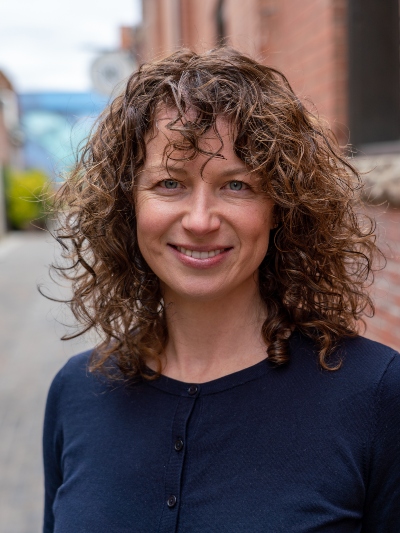
Jennifer Gooden
President/CEO
Jennifer is a land conservation strategist focusing on restoring ecosystem function in western North America. She is president and CEO of the Biophilia Foundation, where she focuses on strategic impact, in-house programs, research, and, geographically, the western United States and northern Mexico. She has worked with the Borderlands Restoration Network and Cuenca Los Ojos, a 120,000-acre protected area on the US-Mexico border in northern Sonora, to increase awareness of the need for restoration in the Sky Islands ecosystem.
Jennifer’s research interests center around rewilding, drylands restoration, private land conservation, and conservation psychology, and prior experience includes urban sustainability and community capacity building to address complex social problems, such as food insecurity and homelessness. She holds an M.Sc. and Ph.D. from the University of Oxford and an A.B. from Harvard University. She lives in Fort Collins, Colorado.
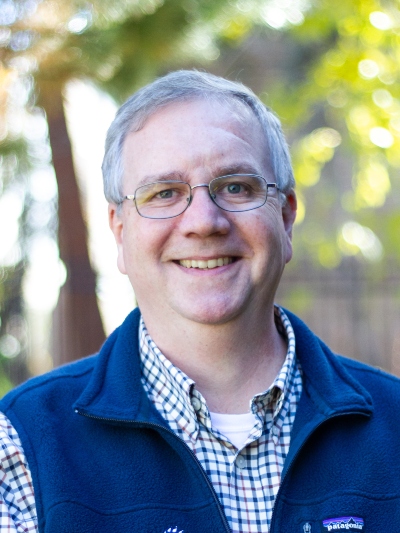
Chris Pupke
Executive Director
Chris Pupke is the Executive Director of the Biophilia Foundation. During his career in conservation, Chris has helped lead on-the-ground restoration projects that resulted in the restoration of 475 acres of wetlands, 28 acres of forests and 150 acres of native meadows. He has additional experience including developing partnerships with landowners, drafting conservation easements and analyzing land conservation transactions. He previously worked at Chesapeake Wildlife Heritage and Pickering Creek Audubon Center. Chris coordinates Biophilia’s grants program and assists with the habitat conservation program.
Mr. Pupke graduated from Drew University in Madison, NJ where he studied international diplomacy at the United Nations, British Politics in London and Greek History in Greece. He is the past President of the Queen Anne’s County (MD) Historical Society where has conducted important research on local U.S. Colored Troops that served in the Civil War. He has previously served as President of the Board of Directors for Queen Anne’s (MD) Conservation Association, a local smart growth advocacy group. He has also served as a member of the Board of Trustees of Camp Wright and is active in his local church. Chris presently serves on the Board of Directors of Wildlands Network.
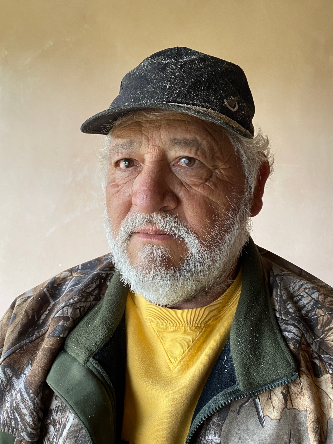
Manuel Jauregui
Ranch Manager
Manuel has worked at Pritzlaff Ranch for over twenty five years. In this capacity he has gained extensive first hand knowledge of its forest, pasture, riparian, and stream ecosystems.
Manuel is responsible for the day-to-day planning, logistics, mechanical and human labor needed to accomplish ecosystem restoration and ongoing management of Pritzlaff Ranch lands.
The Biophilia Foundation advances biodiversity conservation on private lands by fostering systemic change through people, their communities, and direct action.
Donate
